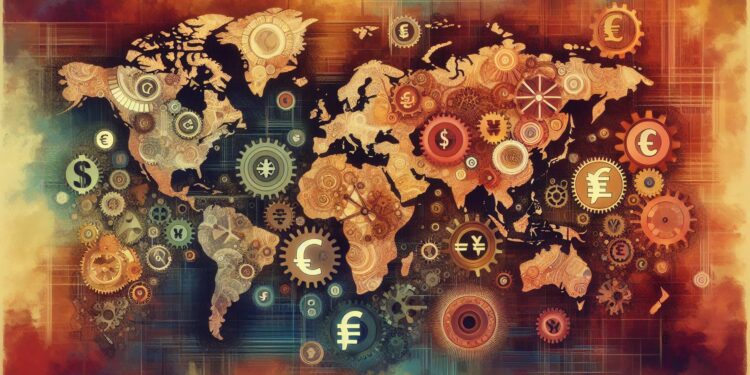The international economic perspective has dimmed, with central banks hinting at possible policy revisions that might usher in further instability. During the annual Jackson Hole Economic Symposium held in Wyoming, prominent figures from leading central banks shared their escalating worries regarding the global economic climate. Federal Reserve Chair Jerome Powell, Bank of England Governor Andrew Bailey, and Bank of Canada Governor Tiff Macklem were observed deliberating on approaches to tackle the difficult economic conditions.
This symposium brought to light multiple urgent topics, such as interest rate modifications across G10 countries, threats to worldwide growth, and apprehensions regarding China’s economic deceleration. In response to rising inflation and slowing growth, central banks have modified interest rates, signaling an increase in financial risk and uncertainty. A range of reports indicates a slowdown in global growth, influenced by elements like geopolitical strife and trade interruptions.
Central banks confront economic instability
China’s economic trends have come under scrutiny, with apprehensions that its deceleration could result in far-reaching effects in global markets. In a related update, Statistics Canada issued a preliminary estimate indicating that Canada’s wholesale trade likely fell by 1.1% in July compared to June.
This decline was largely attributed to decreased sales in the motor vehicle and personal and household goods sectors. As policymakers steer through these trying times, the economic environment continues to be uncertain. Crucial inquiries regarding the future trajectory of fiscal and monetary policies globally are emerging.
The dialogues at Jackson Hole emphasized the central banks’ dedication to fostering a balanced and enduring recovery, yet the road ahead remains intricate and shaped by a multitude of factors outside their immediate influence.


